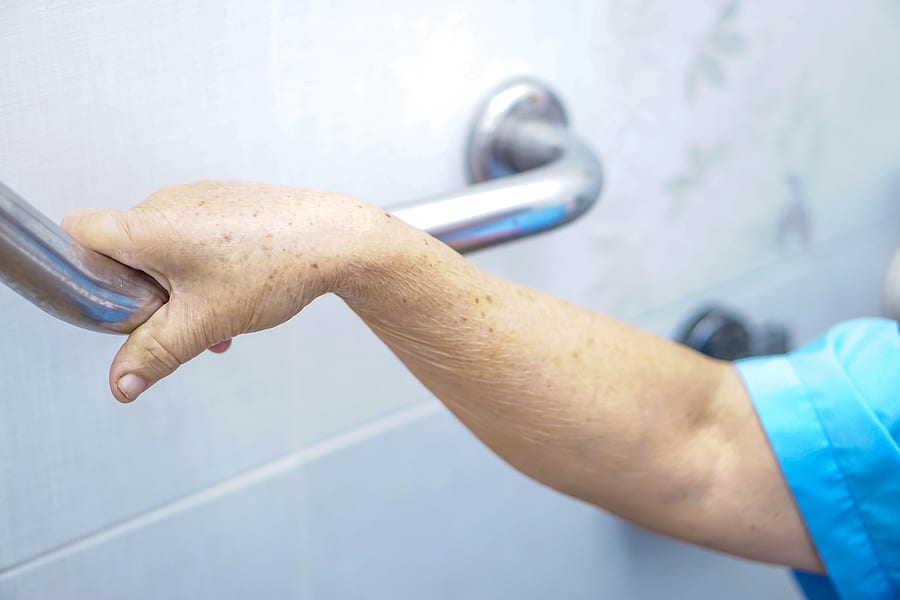As your loved one ages, it may become more difficult for them to fully care for themselves. Bathing can be a difficult task as the risk of falls rises with age. Combine this with increasing difficulties in reaching all the nooks and crannies, as their overall mobility is reduced, and it can become a real challenge. Most elderly individuals are not entirely happy with losing their independence, and this holds especially true for bathtime.
Making a Routine
The first step to making them feel comfortable and dignified is to establish bathtime as a routine. Make a schedule of what time bathtime occurs, and make sure that your loved one has a say in this decision. Giving them some autonomy in this decision will help them feel more empowered. If possible, try to set bathtime to roughly the same time each day.
Asking over Telling
Forcing your loved one to take a bath might make them feel like a child. It is best to ask them “Would you like to take a bath now?” Rather than telling them “It’s time for a bath.” Giving them the ability to confirm or postpone their bath by a few minutes will make them feel like they are more in control. Telling them what to do can make them feel disrespected, but asking them grants them more dignity.
Respecting Privacy When Bathing
This may feel like a difficult task to accomplish while respecting your loved one’s privacy, but there are steps you can take to make them feel more comfortable. If they need your help to get undressed, consider giving them a towel to hold up. They will have a bit more privacy, which will make them feel better about the situation.
Safety Measures While Bathing
Safety is important to prevent your loved one from suffering from a bad fall in the shower. Anti-slip mats or pads in the shower can help your loved one feel safer. Installing hand-rails can be incredibly important, especially if your loved one has a shower-bath combination. Shower chairs can be built into the walls, but removable ones can serve the same purpose without renovation. Before they enter the shower, make sure that the water is not too hot or too cold, as it may hurt or startle your loved one. Have them touch the water before getting in to make sure that it is comfortably warm for them.
Helping them Wash Themselves
It can be important to help your loved one feel like they are still (at least somewhat) in control of their body. Consider handing them a soapy washcloth, instead of having them fumble with the soap bar. Let them wash areas that they can reach, and assist them where needed.
Communicating with Your Loved One While Bathing
Talking with your loved one can help distract them from the situation. It can be frustrating and embarrassing for an elderly individual to lose the ability to properly care for themselves. Communication during bathtime can help them feel more comfortable with having you help them.
Hiring Help
Bathing an elderly loved one can be a difficult, and uncomfortable, task for all involved. Consider hiring a professional home health aide, who is trained to care for your loved one in and out of bathtime, while maintaining their dignity and privacy.
Safe Harbor Healthcare Services does not provide medical or healthcare advice via articles. This material has been prepared for informational purposes only, and is not intended to provide, and should not be relied on for medical advice.
Safe Harbor Healthcare Services has been providing excellent home care on Staten Island since 1967. Our services help the elderly and disabled live safely and independently; while giving their families the peace of mind they need. For more information, contact Safe Harbor by clicking here, or call us at (718)-979-6900.

